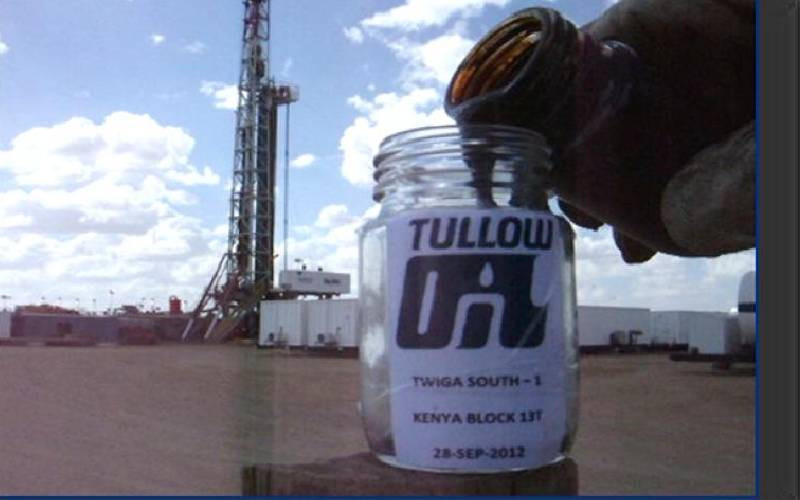I was walking from my office last week when an inspirational sight caught my eye. A young man with a sack dangling over his shoulders dashed to the middle of the road, grabbed two small plastic papers that were lying there then ran away just before a red Honda bike sped by.
That young man understood what the vast majority of the middle and upper class still don’t fully appreciate — trash is treasure. While the middle and upper classes roll in the plastic money of credit cards, the lower classes that the young man belongs to, sometimes roll in a different kind of plastic money. For them, plastic trashed is a source of treasure.







